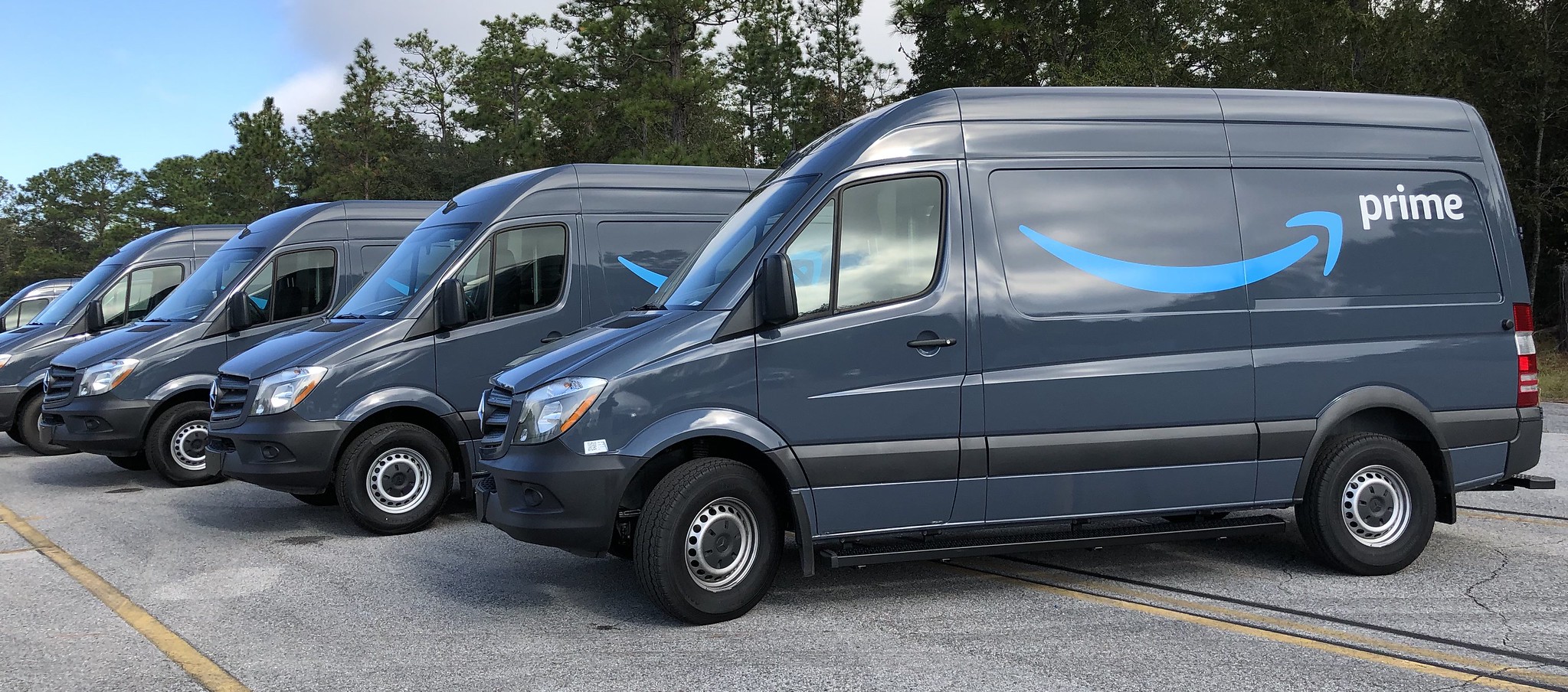In its second Earth Day release, the U.S. DOT today unveiled a 600-page analysis of transportation emissions mandated by Congress in the 2007 energy bill. In addition to weighing in on many potential tactics for limiting transport's contribution to the changing climate, the document notably recommits the Obama administration to that goal at a time when Democrats are weighing a delay in the energy debate.
Indeed, the analysis concludes with a candid assessment that the nation's existing methods of transportation and land use planning have generated an unsustainable reliance on fossil fuel consumption:
The ingenuity of transportation planners and engineers has produced a vast network of transportation infrastructure and services to support the mobility and economic vitality of the Nation. However, our historic approach to transportation and land use has created an energy-intensive system dependent on carbon-based fuels and automobiles.
The authors, including three dozen aides at the U.S. DOT's Center for Climate Change and more than a dozen private consultants, also take a direct tone in evaluating the various emissions-cutting policy proposals that are available to the Obama administration.
For instance, the analysis identifies several upsides to increasing the gas tax, which has "a strong precedent for [its proceeds] being dedicated to transportation investments," as opposed to a broader carbon tax or cap-and-trade system, where multiple competing interests would -- and did, as the House climate bill shows -- lay claim to a share of the resulting government revenue to help finance efficiency upgrades.
The major downside of a gas tax hike to spur emissions cuts, according to the analysis, would be its risk of exacerbating economic inequity for businesses and lower-income workers dependent on auto travel. But the debate is moot, as the U.S. DOT authors remind their congressional audience, because "an increase in the federal motor fuel tax is not proposed by the current Administration, given the economic recession."
The analysis is also open about the unnavigable politics of setting lower speed limits, despite their potential to yield "an immediate and significant impact on [greenhouse gas] reductions as well as yield substantial safety and air quality co-benefits." The U.S. DOT authors wrote:
Public resistance is likely to be high, and an aggressive education program and strong political leadership would be required to gain broad support. Delay costs could be incurred in goods movement and passenger travel. ... In addition, this strategy would require enhanced enforcement and could impose considerable costs on States to pay for increased traffic monitoring and enforcement.
A complete copy of the U.S. DOT analysis, including its comparison of the emissions-reducing benefits of better land use planning (minor to moderate) and fuel-efficiency improvements (moderate to high) is available for download here.




